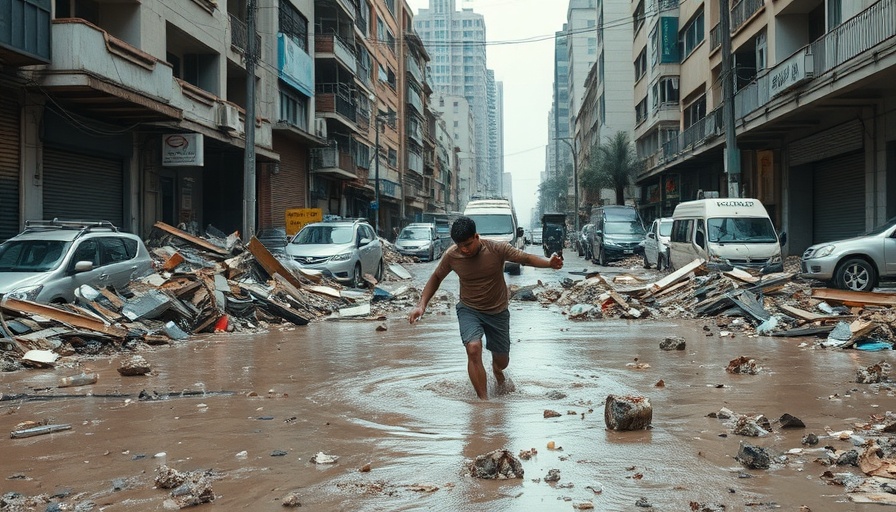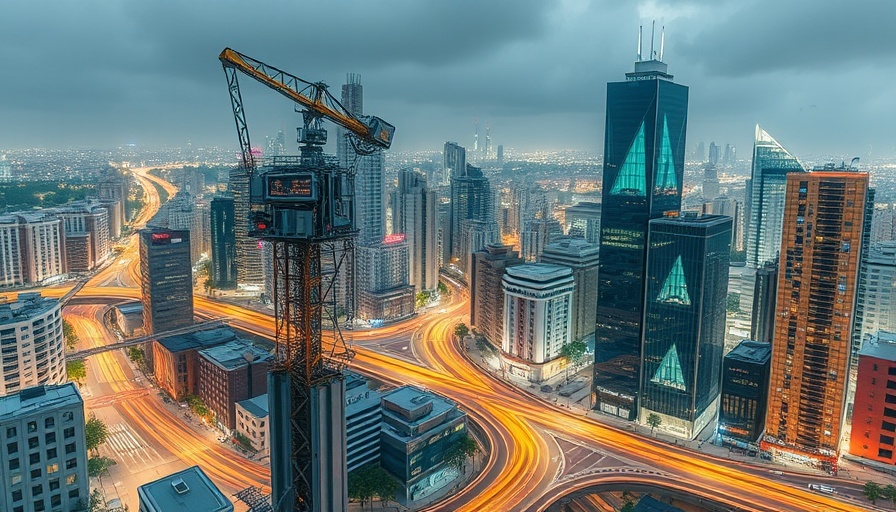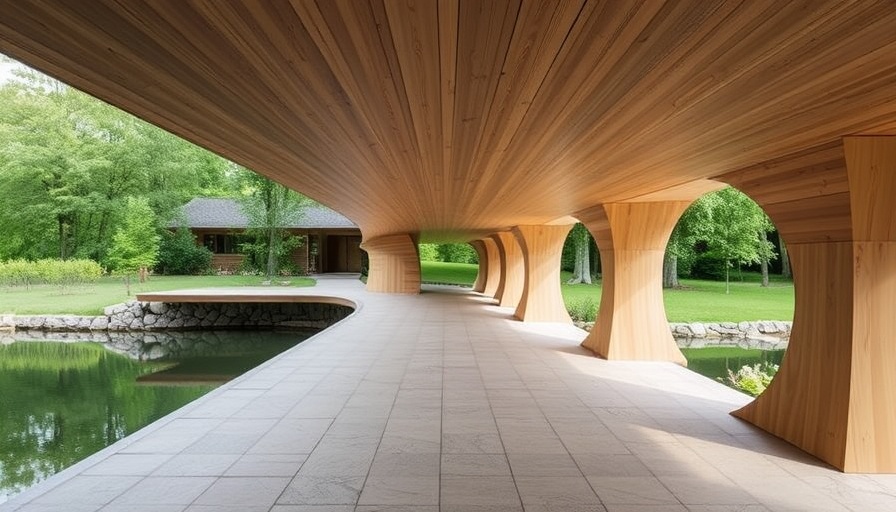
Reimagining Our Approach: A Path to a Sustainable Future
Ahead of us lies a crucial decision at the intersection of environmental, societal, and technological challenges. Renowned for her insights on workspace design, Ava Liu sheds light on Pooran Desai's urgent call in Dezeen Magazine for a change in perspective for the sake of our planet and collective well-being. "We have only two options: reimagine or perish," Desai warns, echoing concerns expressed by UN climate chief Simon Stiell who predicted a scant two-year window for transformative action.
The Implications of a Consumer-Driven Economy
In today's consumer-focused world, incremental shifts towards sustainability, such as circular economy principles and net-zero goals, seem promising. However, without a fundamental reimagining of our systems, these steps might not suffice. Scientists fear that continuing down this path could lead to a world struggling to sustain its population, reducing support for only one or two billion people by the mid-century. The cascading effects of climate change, technological dysfunctions, and societal unrest drive this urgency to act.
From Reductionism to Holism: A Paradigm Shift
Desai emphasizes a growing shift from reductionist views towards a holistic approach in understanding the world. This significant change insists that we view science, culture, and art as interconnected realms that foster regeneration. Current dissatisfaction with materialism and reductionism, paralleled by breakthroughs in understanding gene expression and biology, signify the need for a new educational focus that highlights these connections.
Inspirational Figures and Their Insights
Influential thinker Iain McGilchrist attributes much of our current "polycrisis" to a deeper "metacrisis," emphasizing the importance of how we cognitively engage with our surroundings. This suggests a call to innovate not only our technologies but also our methodologies in science and culture, pivoting towards an integrative and collaborative view of life on Earth.
Harnessing Creativity from Remote Workspaces
For digital nomads and those involved in remote work, understanding these broader societal shifts informs workspace design that aligns with these regenerative philosophies. Creating work environments that reflect a balance between technology and nature supports personal and community health. This not only boosts efficiency but also fosters creativity and well-being, contributing to the overarching goal of a healthier planet.
In recognizing this crossroads, we encourage readers to explore Desai's original commentary to further grasp the depth and urgency of our current choices.
 Add Row
Add Row  Add
Add 




Write A Comment